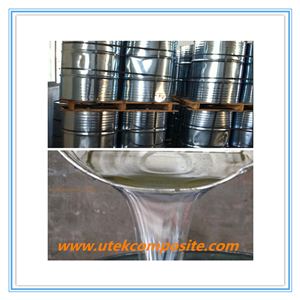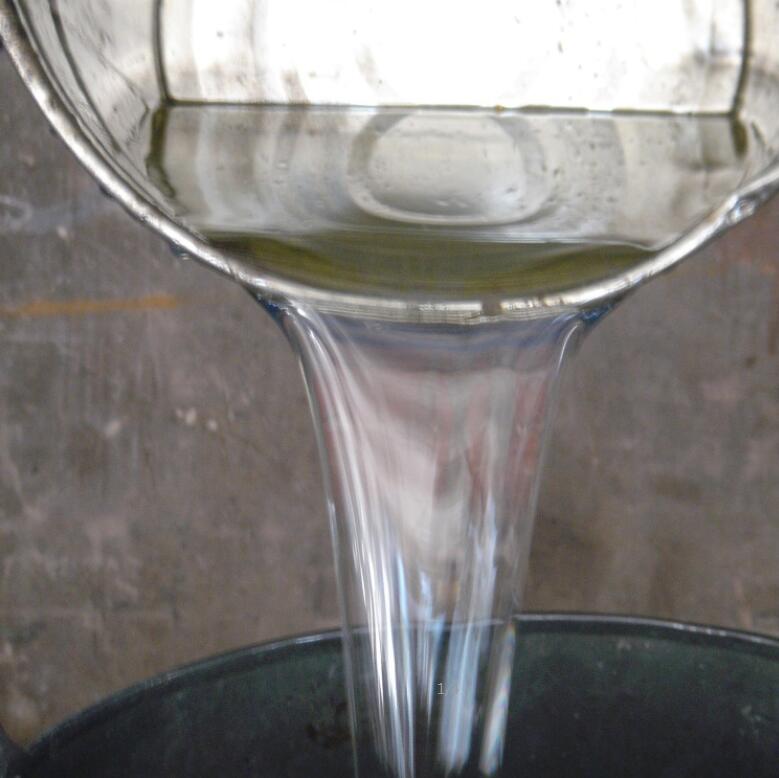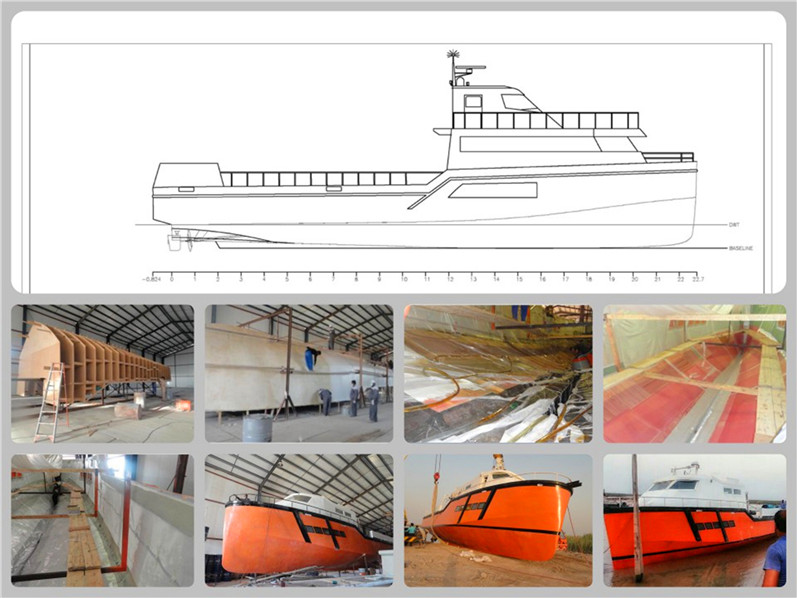Vinyl Ester Resin For Making Rebar
MFE 711 is based on bisphenol-A epoxy resin, provides resistance to a wide range of acids, alkalis, bleaches and solvents used in many chemical processing industry applications such as rebar.
Property Comparison Between MFE 711 and Derakane Momentum 411-350
MFE 711 | Derakane M411-350 | ||
Properties of Liquid Resin | |||
Viscosity, cPs(25 ℃) | 350 | 350 | |
Density, 25℃(g/ml) | 1.046 | 1.046 | |
Non-volatile content, % | 55 | 55 | |
Shelf Life at 25 ℃ | 10 months | 12 months | |
Physical properties of cured casting | |||
- Postcure of cured resin castings of MFE 711: 24 hr at room temperature; 2 hours at 120℃ - -Chemical resistance can be referred to MFE Chemical Resistance Guide. | |||
Tensile strength, MPa | 87 | 86 | ASTM D638 |
Tensile modulus, GPa | 3.5 | 3.2 | |
Elongation at Break, % | 5-6 | 5-6 | |
Flexural strength, MPa | 150 | 150 | ASTM D 790 |
Flexural modulus, GPa | 3.5 | 3.4 | |
Volume Shrinkage (%) | 7.6% | 7.8% | |
HDT,℃(1.8MPa) | 105 | 105 | ASTM D 648 |
Barcol Hardness | 38 | 35 | ASTM D 2583 |
Mechanical properties of reinforced laminate | |||
Laminates of MFE 711 : 3 mm Construction –Wr / M / Wr / M / Wr. M = Chopped strand mat, 450g/m2.Wr = Woven roving, 400g/m2. Post- cure temperature and time: 25℃/24h+80℃/6h+105℃/2h. Laminates properties of Derakane 411-350 in 6 mm from the TDS issued by Ashland | |||
Tensile strength / MPa | 162 | 150 | ISO 527 |
Tensile modulus / GPa | 13.6 | 12.0 | |
Flexural strength / MPa | 223 | 210 | ISO 178 |
Flexural modulus / GPa | 8.9 | 8.1 | |
Glass content / % | 41 | 40 | ISO 1172 |




















